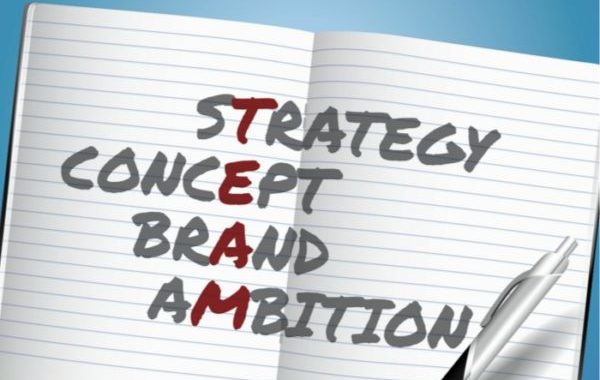
Personalized Experiences Done Right
In marketing, “personalization” is a big buzzword right now. But it’s always been important. Just look at Ogilvy on Advertising and you’ll find the legendary ad man championing its effectiveness more than 30 years ago. The difference between then and now is how easy it is to create personalized experiences that are relevant and valuable and lead to brand preference and repurchase.
With the amount of data a marketer can capture on his or her customers, we should all be able to create individual personalized experiences that lead to a better bottom line. So why are so many companies failing?
As I write this, I’m 39,000 feet in the air on my way to Istanbul and I keep thinking about the personalized experiences I witnessed leading up to this trip.
- Booking.com proactively re-sent me an Istanbul city guide that I had ignored when I first made my reservation and other helpful hints days before flying to Cappadocia.
- Delta Airlines used my phone number to look up my reservation when I called customer service. And later, about five days prior to my departure, they sent me one of the most valuable pieces of email marketing I’ve seen. It was a simple email full of helpful links like picking my seat and, because my trip was more than seven days, included a direct link to the USPS website to hold my mail. Will I go to Delta first for my next trip? You bet I will! And that’s the point.
These personalized experiences are no longer “nice to have” but signs of a truly, well-integrated marketing organization that doesn’t see customer service as a function different than social media marketing or from email marketing but rather pieces of a whole experience.
As Delta’s VP of Marketing, Bob Kupbins recently said, marketers don’t need to be data analysis but rather experts on what each channel can deliver. And obviously which is most useful during the purchasing decision. No wonder Delta is the most admired airline brand in the nation.
It’s a simple yet important idea to integrate marketing across channels and collecting the data that can lead to actionable, personalized experiences that lead to brand preference and loyalty. But because loyalty results in lower churn and, in theory, higher profits, it’s also a very valuable strategy to adopt no matter how big or how small the company.
Unfortunately not all attempts to personalize experiences is done well. While I’m sure Travelocity has good intentions, they neglected to account for those of us who chose not to sign up for yet another account as evidence by emails like, “Unknown, you’ve earned exclusive web deals!”. While funny, it’s also serious. Subscribers like me need a reason to go from “Unknown” to “April” so the company can push for better conversions. However, with poor communications that highlight their automation rather than seamlessly integrate it as a way to improve my experience, I can only guess how many people will always remain “Unknown”.



